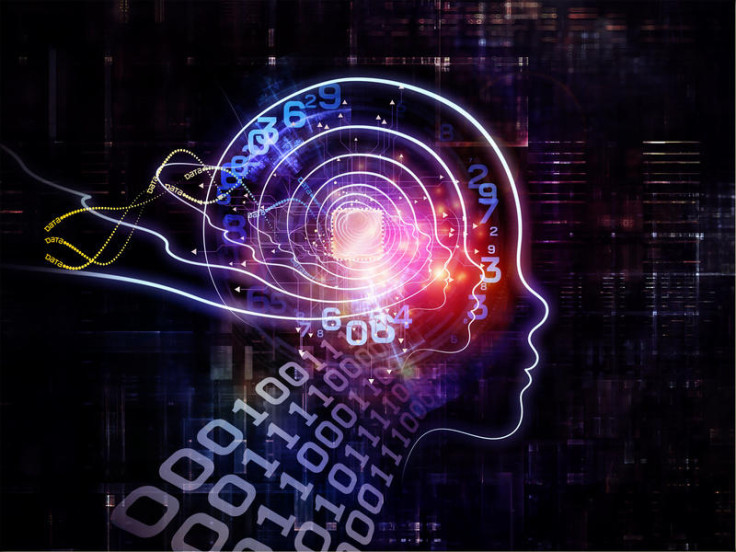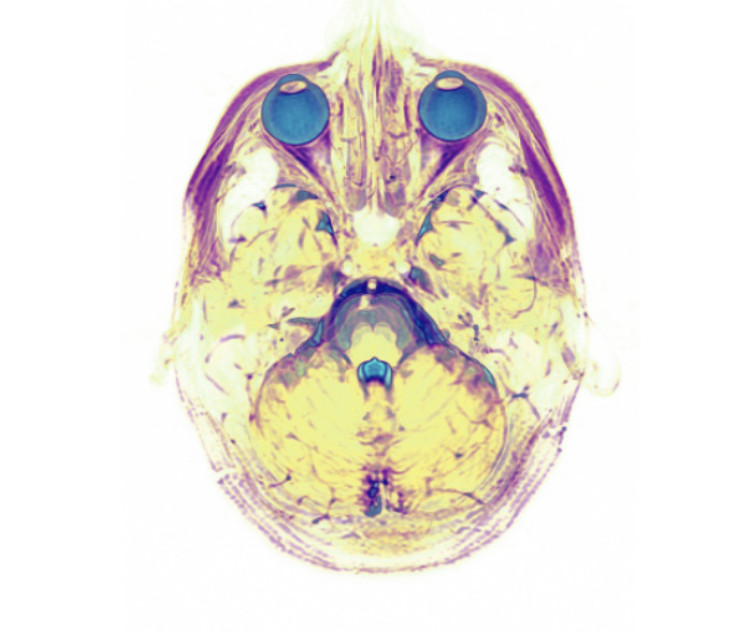Mind Reader: Meet The Man Who Records and Stores Your Thoughts, Dreams and Memories
US startup MMT has become the first to commercialise the storing of memories.

Imagine being able to record your intimate thoughts on your wedding day, or as your first child is being born. Or the dreams you can't quite remember when you wake up.
And then, years later, play them back in vivid, crystal clear detail.
It may sound like science fiction, but one man is today pioneering the development of a technology to capture your thoughts and dreams and offering the service to anyone with enough money.
Meet the Mind Reader
The recording and storing of thoughts, dreams and memories for future playback - either on a screen or through reliving them in the mind itself - is now being offered as a service by a US-based neurotechnology startup.
Millenium Magnetic Technologies (MMT) is the first company to commercialise the recording of resting state magnetic resonance imaging (MRI) scans, offering clients real-time stream of consciousness and dream recording.
Dr. Donald Marks, founder and chief science officer of MMT, claims that his patented Cognitive Engram technology can record detailed brain patterns and correlate them to thoughts and emotions for future interpretation.
"Some people call it 'thought identification' but it is essentially mind reading. It is the process of recognising activation patterns in the brain and identifying what thoughts are associated with them," Marks tells IBTimes UK.
The service is currently aimed at people wanting to preserve memories that they are worried might fade or disappear, however in the future Marks hopes that MRI scanning technology will be advanced enough to record thoughts as they are occurring, such as at significant life events like weddings, births or sporting events.
Recording thoughts
The possibilities of neurotechnology first caught Marks' attention in 2003 when he read a paper that demonstrated how brain activity patterns when looking at different images could be distinguished between each other.

"The paper said that if you showed somebody an image of a face, a chair or a house while they were in an MRI, you would see different patterns," Marks says. "So I thought it would be possible to see different activation patterns if you looked at different faces.
"I ran some experiments and there it was: The data clearly showed different activation patterns when you looked at different faces."
Subsequent research found that through resting state MRI - which scans the brain without using a stimulus like a picture of a face - thoughts could be reconstructed from the data gathered.
Those currently inquiring about MMT's technology include academic institutions, individuals and law firms interested in the recordings for lie detection purposes. Other potential applications include neuromarketing - a field which studies consumers' cognitive response to stimuli in order to test the effectiveness of advertising campaigns.
Reconstructing recordings
While the technology is there to record thoughts, the ability to play them back is still very limited.
Marks gives the example of someone thinking about a face. Currently, if someone thinks of a face while having their thoughts recorded, the image that is played back is "fuzzy", however Marks believes that over the next few years playback will improve much like the advancement of television.
"The visual reconstruction is kind of crude right now but the data is definitely there and it will get better. It's just a matter of refinement," Marks says. "That information is stored - once you've recorded that information it's there forever. In the future we'll be able to reconstruct the data we have now much better."

Services for having your thoughts preserved forever, which includes the rental costs of the MRI machine, start at around $2,000 (£1,200). This is a small price to pay, Marks argues, when you consider the inadequacies of current methods to record important events, such as video and audio recording and writing.
All of these methods "are simply not the same thing as recalling the event as if it was happening", Marks says.
MMT is also hoping that playback technology will advance to such an extent that it will be possible for someone to revisit memories whenever they want through a series of impulses sent to the brain that would reactivate the original neural processes.

Messing with the mind
Research into neurotech goes well beyond simply recording and storing thoughts and dreams. A technique that is reminiscent of the 2004 movie Eternal Sunshine of the Spotless Mind has already been developed that can erase memories from a brain.
Earlier this year, researchers at the University of California demonstrated their ability to erase a memory in rats and then subsequently reactivate it - profoundly altering the animals' reaction to past events.
"We can form a memory, erase that memory and we can reactivate it, at will, by applying a stimulus that selectively strengthens or weakens synaptic connections," said Roberto Malinow, lead author of the study.
A more recent paper published in Nature this week describes how the brains of mice can be manipulated to remember unhappy experiences in a positive way by identifying the part of the brain that the memory is associated with and linking it with a positive feeling.
Marks claims that the Defence Advanced Research Projects Agency (DARPA) in the US is already working on such techniques to be used on military personnel and veterans suffering from combat injuries such as post traumatic stress disorder.
"We're not even near that right now," he says, "but we are part of the way because we can record the memory. Neurotechnology's hay day is on its way."
© Copyright IBTimes 2024. All rights reserved.







